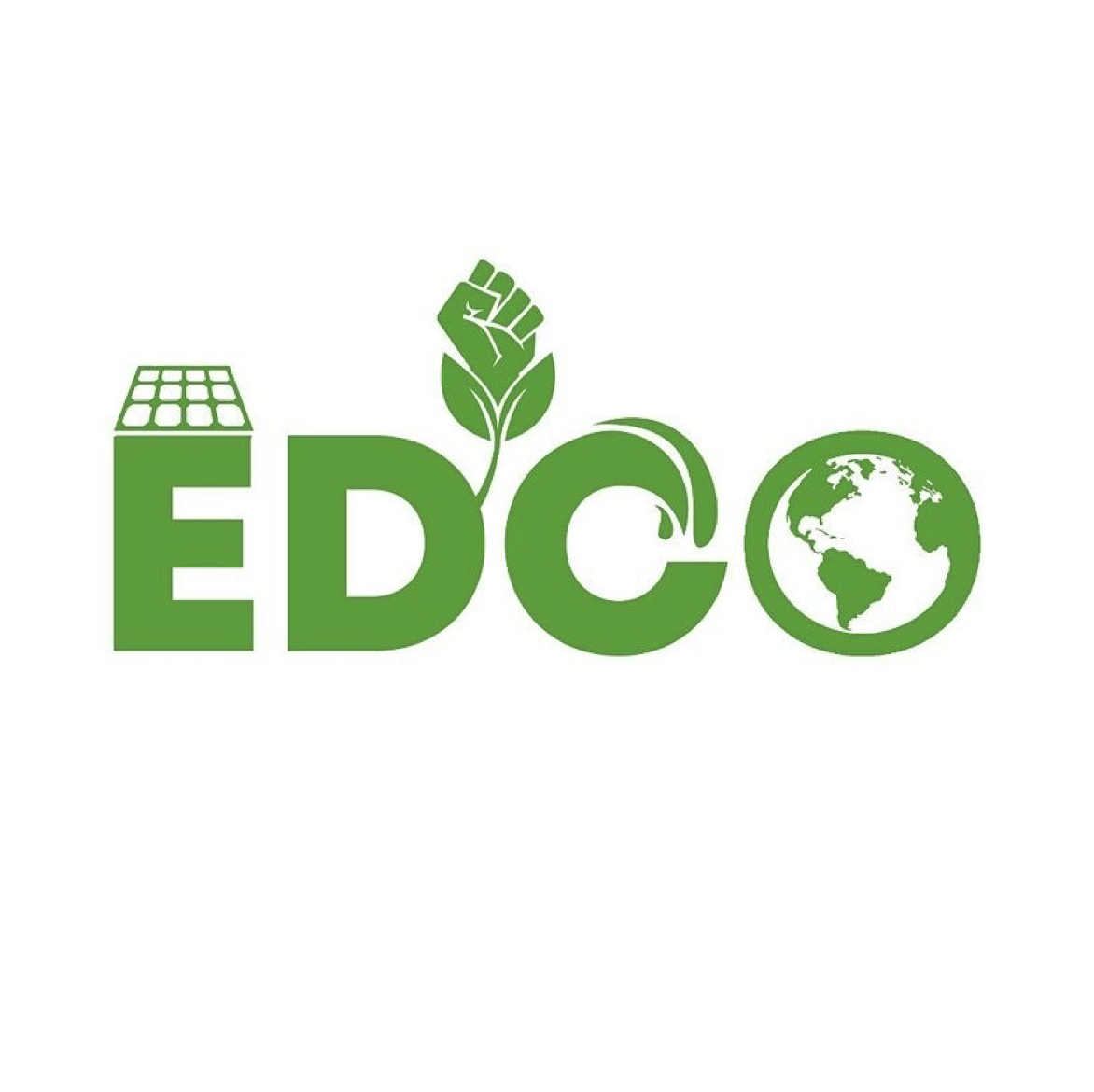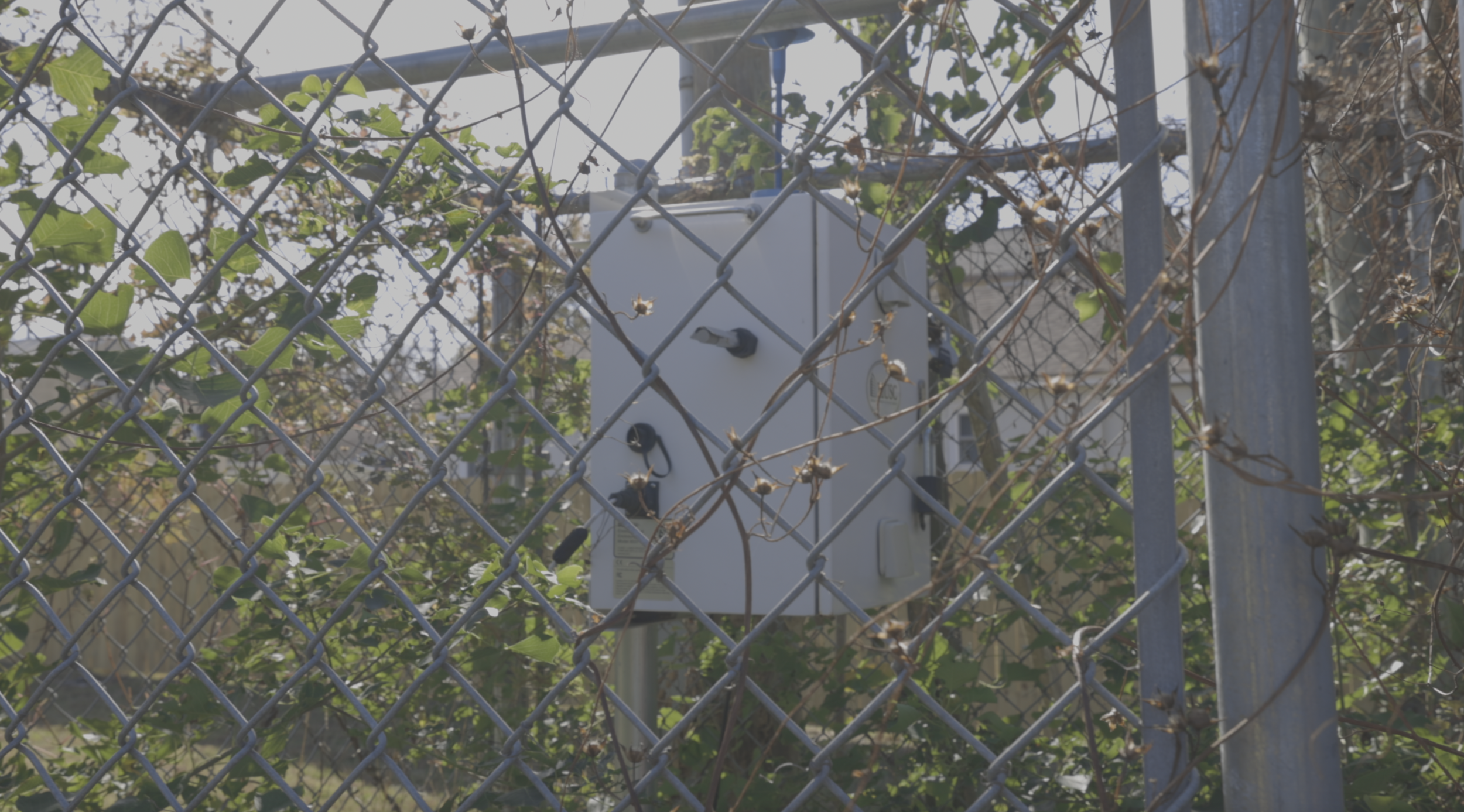Our Time With Omar Muhammad, LAMC & CCRAB
On November 20, 2021, we had the pleasure of meeting members of the Lowcountry Alliance for Model Communities (LAMC) and the Charleston Community Research to Action Board (CCRAB). We had the amazing opportunity to sit in on 5-year planning and resilience conversations between LAMC Executive Director Omar Muhammad, CCRAB Board Member Herbert Maybank, CCRAB Chair Skip Mikell, and Vice-Chair Chloe Stuber.
In 2005, LAMC was founded to address quality of life concerns for neighborhoods of North Charleston, SC. Their purpose is to build healthy families by creating opportunities in Affordable Housing, Economic Development, Education, and Environmental Justice, each of which create pathways to break the cycle of poverty. More recently, CCRAB grew out of LAMC to focus specifically on addressing environmental justice issues such flooding and air pollution.
The discussions began by defining what their impact would be and why these impacts matter. What caught my attention was the intentional focus on empowerment. To set change in motion, the voices of the communities facing the worst impacts of flooding, sea level rise, and climate change must be elevated. Then, those taking action know what the proper tools and resources look like for that community.
These motivations and target impacts were then translated into 5-year outcomes detailing the partnership between CCRAB and resilience planning, and identifying the communities most at-risk of flooding. It was here that we learned of the community of Rosemont. For decades, Rosemont has been subject to high levels of air pollution as a result of the nearby highway (I-26, which has displaced local residents for decades and continues to be expanded to this day), and frequent flooding as a result of rising sea levels.
The lack of attention from local and state officials has prompted local leaders to take action themselves. As part of an effort to address the poor air quality in Union Heights and Rosemont, LAMC has installed air quality monitors to gather data regarding the levels of volatile organic compounds (VOC) and particulate matter (PM) in the air. The monitors provide the information necessary for the communities to advocate for change, however the high costs prevent their widespread use. The monitors are an example of a tool used for empowerment that is not receiving the funding it deserves.
Flooding was also a critical concern for community organizers in Charleston; the devastating effects of sea level rise and natural disasters are not uncommon. In 1989, Hurricane Hugo swept through Charleston, altering the lives of thousands in the region. During our discussion, we learned of a predominantly Black neighborhood forced out of their homes as a result of the flooding damages and pollution brought on by the hurricane.
Given the inevitability of future natural disasters and rising sea levels, action must be taken to prevent this from ever occurring in communities such as Rosemont. However, whether proposed projects such as the sea wall are the solutions to this issue remains to be answered.




